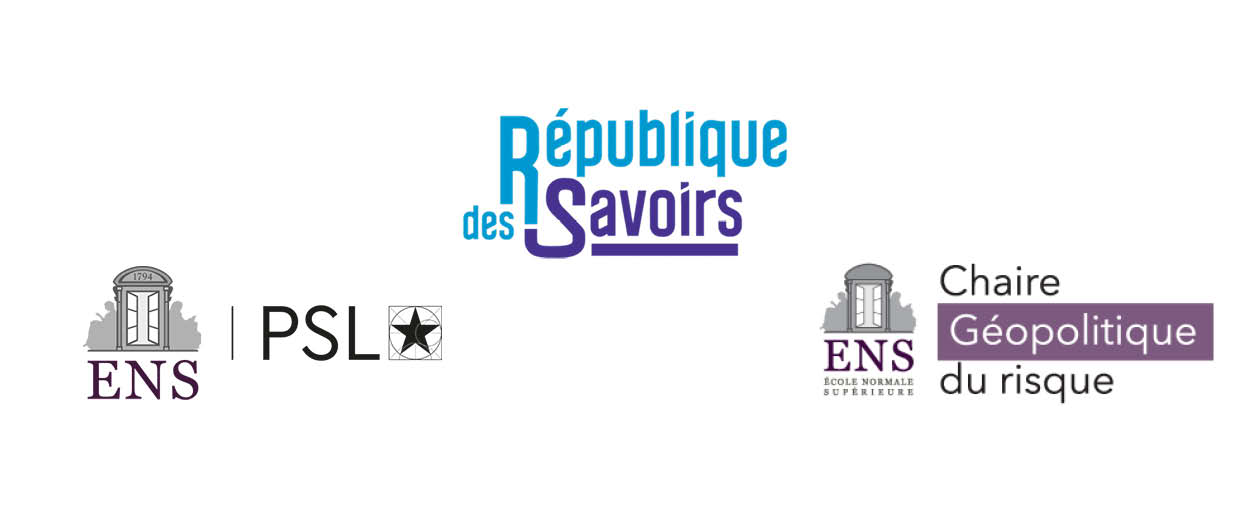International Workshop 'Questioning Human Technogenesis'
Similar events

Francis Bacon Figure Writing Reflected in a Mirror, 1977
The international workshop "Questioning Human Technogenesis" begins with the premise that humans have always been technological beings, and that the essentialist distinction between the natural and the artificial is more a cultural construct than an empirical fact. Human technogenesis refers to the co-evolutionary process in which humans and their technological creations develop in tandem, continuously shaping and transforming one another. This concept has re-emerged as a subject of debate, particularly following the work of Bernard Stiegler, who argues that human evolution is inseparable from the externalization of knowledge into technical artefacts: a process he terms exosomatization. From the earliest systems of measurement and calculation to contemporary advances in artificial intelligence and biotechnology, humans have always depended on external devices and techniques to enhance their cognitive and physical capacities. Within this framework, however, humanity’s defining characteristic is not merely the ability to use external tools to compensate for our inherent structural incompleteness, but rather our reliance on externalized systems of memory, knowledge, and agency. The workshop will encourage participants to reflect on how technogenesis shapes not only human biology but also culture, society, and politics — creating space and time but also power dynamics. By adopting an interdisciplinary approach, we will critically examine how this anti-dualist framework can elucidate the intricate relationships between technological and human development. Ultimately, the workshop asks: in what ways does technogenesis reveal what it means — and does not mean — to be human animals?
Organisation
Panel chairs will briefly introduce the theme of their panel, followed by presentations from early-career researchers. Afterwards, panel chairs will comment and facilitate discussion with the audience for the remainder of the time, managing questions. The lectures, instead, are traditional presentations by senior academics, followed by a Q&A session.
Registration
The workshop is designed for early-career researchers, but professors, students, and anyone else interested in attending are welcome.
To attend the workshop at the Maison Française, register here: https://www.ticketsource.co.uk/maison-francaise-doxford/t-jzyprxv
Hybrid Format
To join the workshop on Zoom, please regsiter here: https://us06web.zoom.us/j/83475683917?pwd=JE2nfLtbaulG12Pex1mbVa525ILDh7.1
The outcome of this workshop may lead to a collective publication. Further details will be provided in due course.
Organised by Daniele Cavalli and Oceane Gustave. For more information, please contact: daniele.cavalli@ens.psl.eu and oceane.gustave@ens.psl.eu
PROGRAMME
Morning Session
9h - 9h05 Introduction
9h05 - 09h45 Senior Lecture
Perig Pitrou (Collège de France, CNRS, Maision Française d'Oxford) : "On The Relation Between Life and Technique. The Perspective of the Anthropology of Life"
9h45 - 11h00 _ Panel 1: “With and Beyond Bernard Stiegler”
Panel Chair: Daniele Cavalli (École Normale Supérieure de Paris - PSL University)
- Technics of Existence: On Bernard Stiegler and Philosophy of Technology
Amélie Berger-Soraruff (Maison Française d’Oxford) - A Biological Philosophy of "Technique"
Océane Gustave (École Normale Supérieure de Paris - PSL University) - Pharmacology of the Hyper-industrial Becoming
Giacomo Gilmozzi (Roma Tre University and Institut de recherche et d’innovation du Centre Pompidou)
11h00 - 11h15 Coffee break
11h15 - 12h Senior Lecture
Stephanie Sherman (Central Saint Martin’s, University of Arts London) : TBC
12h - 13h _ Panel 2: “Entangling Ontologies, Reframing Esthetics”
Panel Chairs: Gary Zhexi Zhang (Goldsmiths - University of London) and Jenn Leung (University of the Arts London)
- The Influencing Machine: Synthetic Moods and Distributed Ontologies
Sonia Bernaciak (Royal College of Art) - Technical-aesthetic Objects: From Black Boxes to Demystified Systems
Alasdair Milne (Serpentine and King’s College London
13h - 14h15 Lunch
Afternoon Session
14h15 - 15h15 _ Panel 3: “Artificial Forms of Intelligence?”
Panel Chair: Phillip Moreira Tomei (AI Objectives Institute) and Winnie Street (Google Paradigms of Intelligence)
- Human Autonomy and AI-powered Technologies: Mapping Cognitive Assemblages
Daniele Cavalli (École Normale Supérieure de Paris - PSL University) - AI and the Promise of Substitution
Nanna Lilletvedt Sæten (University of Cambridge)
15h15 - 16h15 _ Panel 4: “Cybernetics and the Construction of the Future”
Panel Chair: Benjamin Micallef (Jesus College, University of Oxford)
- Wiener, Entropy, Life: Creation and the Dialectics of Chance
Ellen Emilie Henriksen (École Normale Supérieure de Paris - PSL University) - Cybernetics of Politics: Geopolitics of Technology and Deconstruction of States’ Ethical Sovereignty
Ghina Harb (École des hautes études en sciences sociales - EHESS)
16h15 - 16h30 Coffee break
16h30 - 17h30 _ Panel 5: “The Politics of Technology”
Panel Chair: Aline Desmas (École des hautes études en sciences sociales - EHESS)
- Datafying Human Mobility in ECOWAS: Interplays of Legal and Socio-technical Infrastructures
Alice Fill (École Normale Supérieure de Paris - PSL University and Roma Tre University) - Rethinking the Production of Regional Space through Epistemic Infrastructure
Marie Kwon (École Normale Supérieure de Paris - PSL University and Université de Liège)
17h30 - 18h30 Senior Lecture
Benjamin Bratton (University of California San Diego) : TBC
18h30 - 20h Drink reception
In collaboration and with:
Maison Française d’Oxford, ENS-AXA Chair Geopolitics of Risk, École Normale Supérieure de Paris - PSL University




